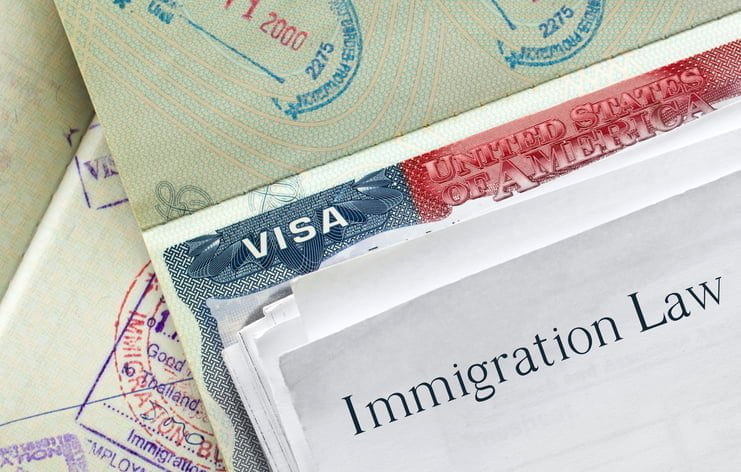
In our current political climate, it’s a particularly scary time in the United States for immigrants. With tightening laws and crackdowns on immigration, many people are concerned about their status and residency.
While we do not handle immigration law, we’ve reached out to an immigration attorney for advice on what to do if you’re confronted about your immigration status as well as ways to protect yourself and your loved ones should your residency status ever be questioned.
Remain Calm and Do Not Lie
Being confronted by an official can be very stressful; however, it’s important that you remain calm and answer questions honestly. Lying can make your situation much worse.
Carry a Photo ID with You at All Times
If you do not have a North Carolina driver’s license or ID card, you should be able to use your unexpired passport.
Do Not Carry Any False Documents
False documents are worse than no documents. It’s not worth the risk.
Carry Proof of Residency
If you entered the U.S. lawfully, keep your I-94 form and any other evidence you might have on you at all times. If you entered without inspection (EWI), keep evidence of at least two years of continuous physical presence either with you or in your vehicle.
Carry Your Attorney’s Business Card and Exercise Your Right to Remain Silent
This will allow you to call your lawyer at any time, should you need to. And remember, you have the right to remain silent. You do not need to answer where you were born or how you arrived in the United States.
Do Not Sign Anything You Don’t Fully Understand
ICE may present you with a paper waiving your right to a hearing before an Immigration Judge. If you’re unsure what you’re signing or why you’re signing it, do not sign.
Create a Folder with Proof of Residence for You and Your Family Members
This folder should contain documents that show you have citizen or resident relatives as well as your own continuous physical residence in the United States, property ties, employment, documentation of any disability or medical condition, and prior immigration documents. You should keep this folder with a trusted family member or friend who has lawful status in the United States.
If You Have Ever Been Charged with a Crime, Keep the Records
If you’ve been charged with a crime, obtain the records. Get certified copies of the charging document and disposition document, including a copy of any deferred prosecution agreement. If the record has been destroyed, you will need to get a letter from the Clerk of Court with a raised seal stating that the record has been destroyed. Keep these records with a trusted family member or friend who has lawful residence in the United States.
Make Sure Your Name is on Your Child’s Birth Certificate
If your child is a United States citizen and your name is not on their birth certificate, you need to get the birth certificate changed to show your name.
Make Arrangements for Your Children In Case You Are Detained
If your children are under the age of 18, you should have a plan of where they will stay if you are suddenly detained. It might be a good idea to sign legal documents such as power of attorney; however, you should not sign these documents without speaking to a lawyer first.









